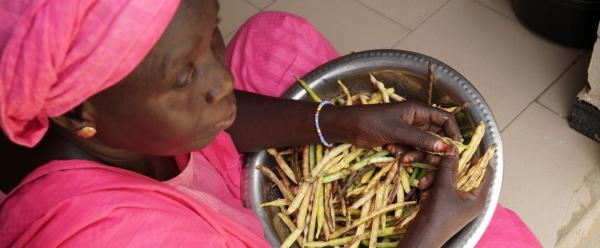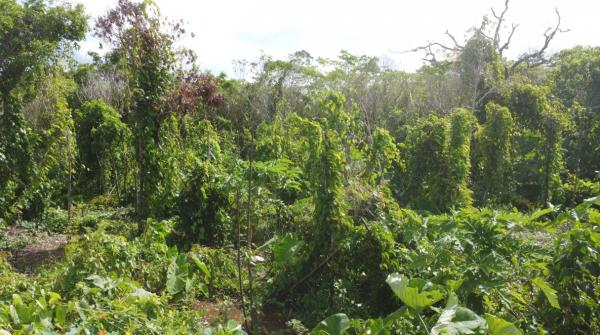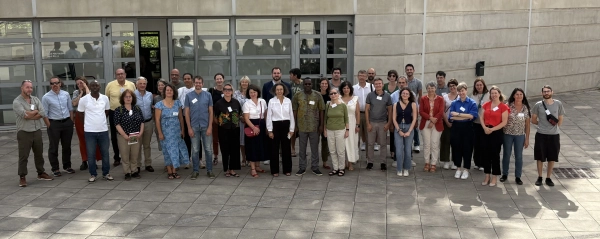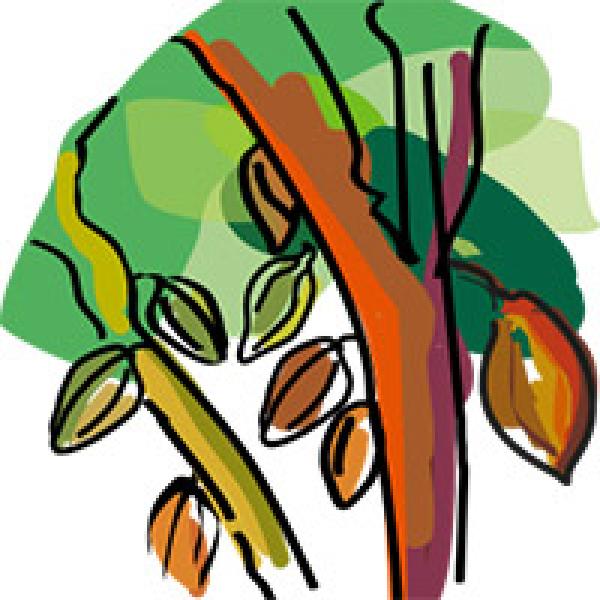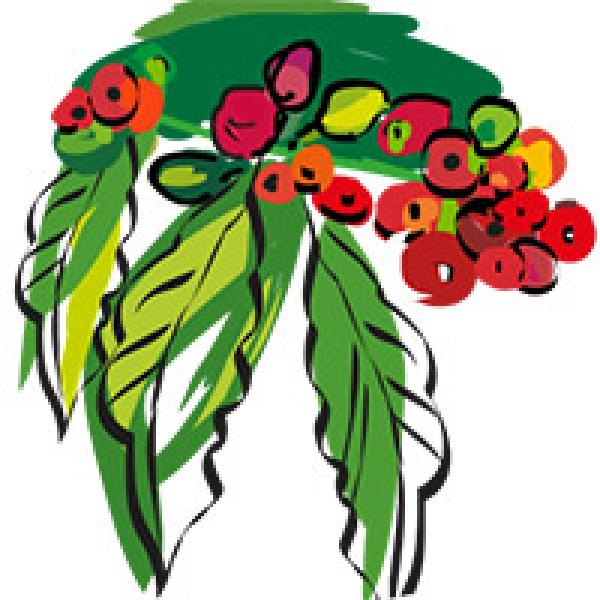Results & impact 20 March 2025
- Home
- Our activities, our impact
- Tropical value chains
- Roots and tubers

Roots and tubers
The figures
Roots and tubers: a vital food resource, particularly in Africa
Africa is thus the focal point for the strategic issues surrounding these value chains. Consumers have very high expectations in terms of quality, since these products are used for very specific local culinary preparations to which they are very strongly attached.
The issues
Productivity still falls well short of potential
Tropical RTs have benefited from significantly less investment in their improvement than cereals or even potato, of which 2/3 of production is concentrated in temperate zones. Average yields are relatively low (10 t/ha) in relation to potential, which tops 100 t/ha in some cases. There is therefore substantial room for improvement, whereas cereal yields have now peaked in the world's most intensive farming systems.
Processing and storage: means of improving quality
Because they are perishable in their unprocessed form due to their low dry matter content (20 to 40%), RTs are often processed (drying, fermentation) to stabilize the product and make it easier for consumers to use. The techniques used are often manual, but are become increasingly industrial, in response to demand from rapidly growing urban markets and to changing consumption methods, and in order to develop products with innovative functional and nutritional properties, for which there is strong demand from the agrifood industry.
Innovations for the fast-growing cassava starch value chain
Only cassava is processed industrially on a large scale, in Asia and Africa, to make starch for food and non-food use (biopolymers, ethanol). These fast-growing agro-industrial chains call for new production and processing systems.
Roots and tubers are more resilient to climate change
Most foresight studies consider RTs to be more resilient to climate change than grain crops (cereals and legumes) and should see their production zones expand, particularly in Africa. However, this largely under-used potential could be under threat from the emergence and spread of new diseases (such as the cassava viruses CMV and BSV). The vegetative propagation techniques used in fact foster the spread of such diseases, for want of efficient, safe seed systems .
In view of the current situation, RT-based supply chains are likely to expand and play a greater role in food security and the see their role in food security and the agricultural economy in future. This is particularly true in Africa, where the expected doubling of the population in the coming decades, rapid urbanization and changes in food habits mean greater demand for processed convenience foods.
Research requirements to support the development of these value chains are high and continuing to grow. CIRAD has a wide range of skills and expertise in this field.

























